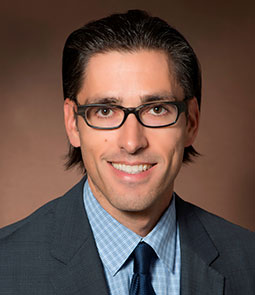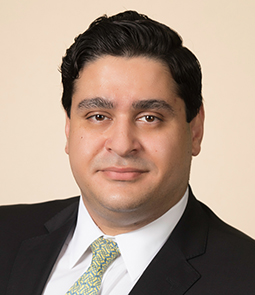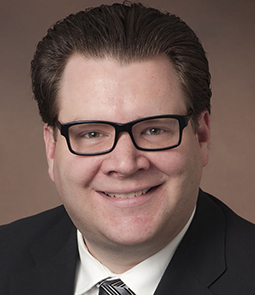TAVR is a minimally invasive procedure for people who have been diagnosed with severe aortic stenosis, a progressive disease that keeps the aortic valve from opening properly. The procedure allows a new valve to be placed without undergoing open-heart surgery.
Cardiology
Our heart care team helps patients with heart disease prevention, diagnosis, treatment and recovery in northeast Wisconsin.


Meet our physicians and providers

Jennifer Davis, MD, MPH, FSCAI
Cardiologist

Peter Fergus , MD
Cardiologist

Todd Fergus, MD
Interventional Cardiologist

Simil Gala, MD
Interventional Cardiologist

Anas Sarhan, MD
Interventional Cardiologist

James Hansen, MD, FACC, FHRS
Electrophysiologist

Melissa Hudspeth, AGPCNP-C
Nurse Practitioner, Cardiology

Heather Johnson, PA-C, MPAS
Physician Assistant, Cardiology









